Balblair 2003
A very under-performing 10 year old
2 3473
 Review by @Georgy
Review by @Georgy
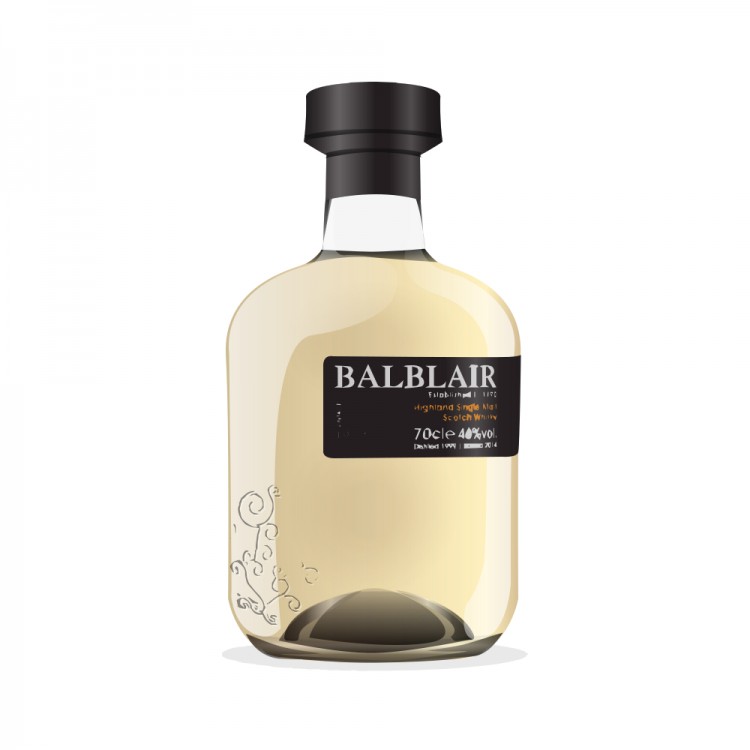
- Nose~
- Taste~
- Finish~
- Balance~
- Overall73
Show rating data charts
Distribution of ratings for this:
I wanted to give this one a go, but I didn't want to buy a whole bottle of the stuff. So, luckily, I somehow bumped into a miniature and having no idea what to expect from the whisky, this is what I discovered...
NOSE: alcoholic, raw, grappa-like. It's mellowed out a little bit by some vanilla. Bitter grapefruit rind and lemon pith. A hint of white fruits and some sugar.
TASTE: slightly oily, sweet, fruity and mineral.
FINISH: short. Zesty.
Final thoughts:
I know it was matured in "tired" casks, but for a 10 year old whisky this one is really bad.
Find where to buy Balblair whisky
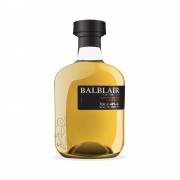
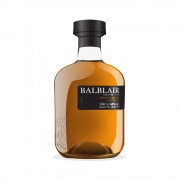
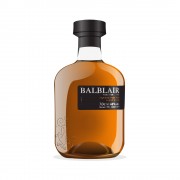
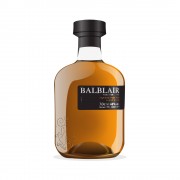






Well this doesn't sound very exciting. How come you know about its tired casks?